What is a Tourte? Part II

Monsieur Noel is a butcher by trade who runs a catering operation as a sideline. Or is it the other way around? I still haven’t decided which is a sideline to which. He is a passionate cook and an expert butcher in any case. He is tall and lean and his excitement about food and life fairly glow from him like an aura. It is easy to get caught up in his enthusiasm.
My detailed questions about the meats I need over time have allowed M. Noel and I to develop a certain relationship. He appreciates my curiosity. He takes a certain pleasure in discussing his dishes with me, especially if I catch him alone in the shop. I like the way he tramples all over my ideas like I am a fool but will engage in talk about everything from dried white beans from Soisson to pigs bladders in the preparation of a bresse hen. He gives me some special insight into the French character. Monsieur Noel works with a partner, a less talkative older man who handles the poultry and game. This man often chimes in during our animated conversations, mostly in meek, yet determined disagreement on various points from his station at the back end of the shop. Today Mr. Noel was alone.
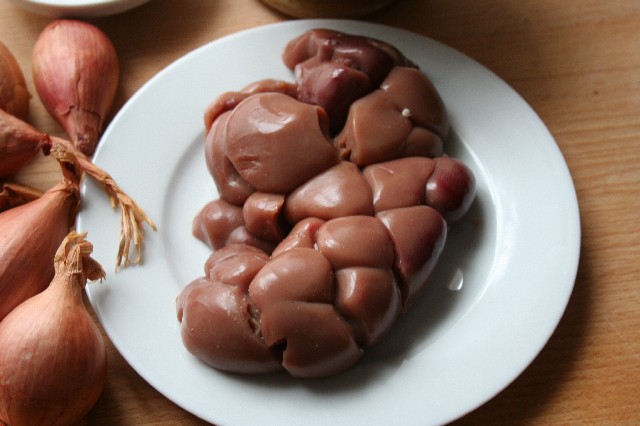
His eyes lit up in a strange way and he stood a bit straighter when I mentioned that I had taken an interest in the savory tourte. I had not expected any reaction at all since it was small talk over a piece of veal liver. I was taken a bit aback as a low key but distinct smoldering anger seemed to brew in him and he began to slightly squint. It was very uncharacteristic of him.
I stood and faced him, my veal liver wrapped in paper with his name on it in my hands, and at that time he revealed a long time dispute. His partner prepares a dish that he claims is a tourte, and pretends it comes from an old family recipe, but it "absolutely is not a tourte". Bitterness seemed hard to hold back when he said it was "just a big open pie". I imagined he might spit after he said this. I wondered at how such a thing could really cause conflict between two people, but I could see it in his eyes.
He began to rattle on, as if I had pushed a button that from this man would release a supply of built up steam. I pushed the button: 'Yes, but think of ancient history - the Latin torta panis, which means 'round pie'. It could be a clue, an opening into why he feels he can claim it as a tourte'. To this he huffed and snorted and his voice took on an edge I hadn't ever heard from the usually cheery man. He began to sharpen his knives, something he does from time to time. "No no no, Madame Vanel. The people who take such liberties are wrong."

Wanting to give his dear colleague a way out, and to give my teahouse 'tourte' which didn't have a top a whisper of hope, I pressed again. "Could it be a regional thing?" I asked. “For example, this colleague of yours prepares what he calls a ‘Tourte Provencale’, so could it be that in certain regions the appellation of the dish evolved differently?”
"No.", he sternly replied. "He is just misinformed about the definition of the word tourte." The butcher refused to budge nor would he relent in herding me like a stray sheep from forbidden territory back to the truth of the matter. “The word tourte”, he declared, "defines a specific dish and anything else is not a tourte. A tourte is defined by its upper crust. Period."

From experience I know that here in this country no one deliberately gives something the name of something else without a good well laid out reason behind it. If anything at all, we can say that France is a country where it is customary to take pride in a name. It is a country where appellations of origin of just about everything are indeed controlled if not by law, then within tight circles of dialectic. Once a definition has been agreed upon by the patrimoine, it is basically considered heresy to use a term for anything other than it is meant to be used.
There were always the ironic uses of certain terms in a certain class of restaurants, but even then a badge of expertise must be earned before one has the right to flash that type of audacity. The little teahouse with the scrap book menus on the black cobble-stoned hill in Clermont Ferrand was all about straight lines and home; simply about food made with care, it was clear. There was nothing ironic or loose or particularly clever in their definitions of anything else, they were as straightforward and honest as they could be.
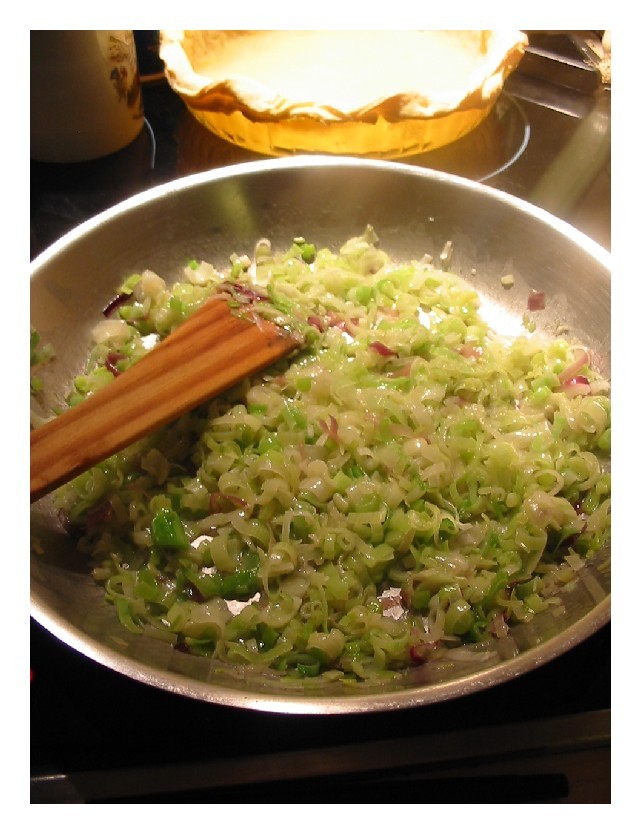
The wind blew my hair across my face as I sauntered home across the square. I went back in my mind’s eye to that marvelous late lunch in the Auvergne with my niece. We had been swept up like the swirling sparkling dust in that ancient place on that weekend, and the magic of lore drew me in and had me entranced by an idea of a forgotten species of an open tourte. But alas, it was not to be.
It must after all have been part of the charm and eccentricity of the teahouse to call it a tourte, probably the way the sound of the word rolled off the tongue as they chalked the sign, and the same must be for the butcher / traiteur. I felt that a fine balance had been struck at that moment, the kind that you can only be aware of right when you are teetering on the edge, just enough balance to bring harmony to the palate and rest a person's mind, in a nourishing, plentiful, but also careful way.
My thoughts now on the tourte are the same as they were at the time we had our lunch: If indeed this was called a tourte by the person that pieced it together, I will hold no qualms with her terminology, for it was clearly a beautifully mastered exception to the rule.

A savory tarte is sometimes called a tourte, it has happened more than once. Some experts vehemently disagree, and the books don't lie. We may never be sure where the truth of the matter lies.
Labels: Autumn, Classic French Cooking, Fall 06
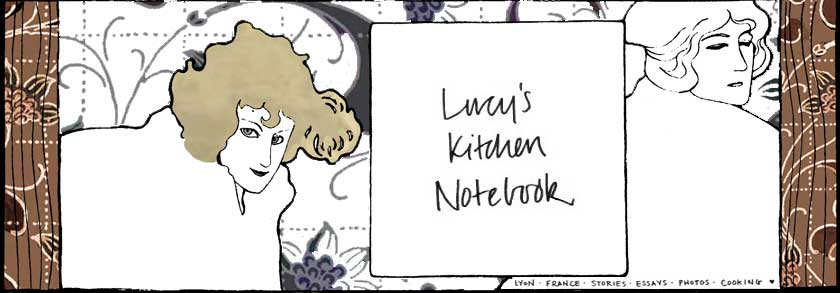









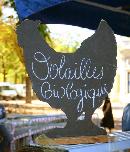
















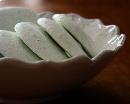








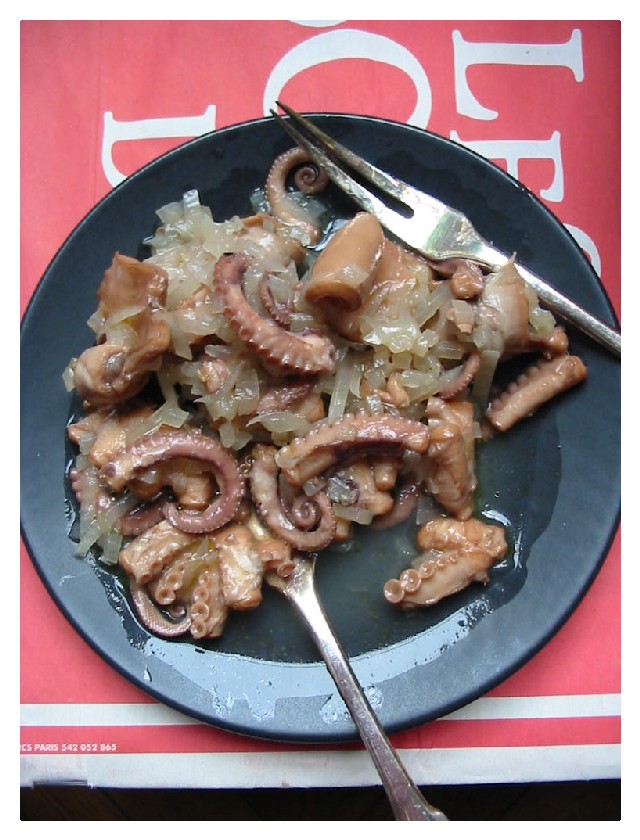


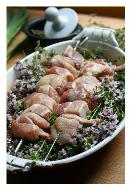












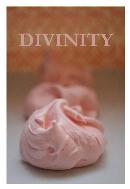
3 Comments:
Jeesh man...heated debate, eh? Though not my first choice...the tourte looks very yummy!
Thank you for weighing in, Gary. I would venture to guess that the person who penned that Wikipedia entry was indeed from the Lorraine.
Although a certain version of the tourte may be a specialty in the Lorraine, the tourte has nonetheless been prepared all over France for hundreds of years, and is especially present in the regional cooking of Gascony and the Auvergne.
I was planning to make tourtiere this weekend, Lucy, as I have acquired yet another recipe for it. I may have to make several different versions this year — I will use your pate brisee.
Anyway, this post has motivated me. Why wait until Christmas?
Mimi, with watering mouth
Post a Comment
<< Home